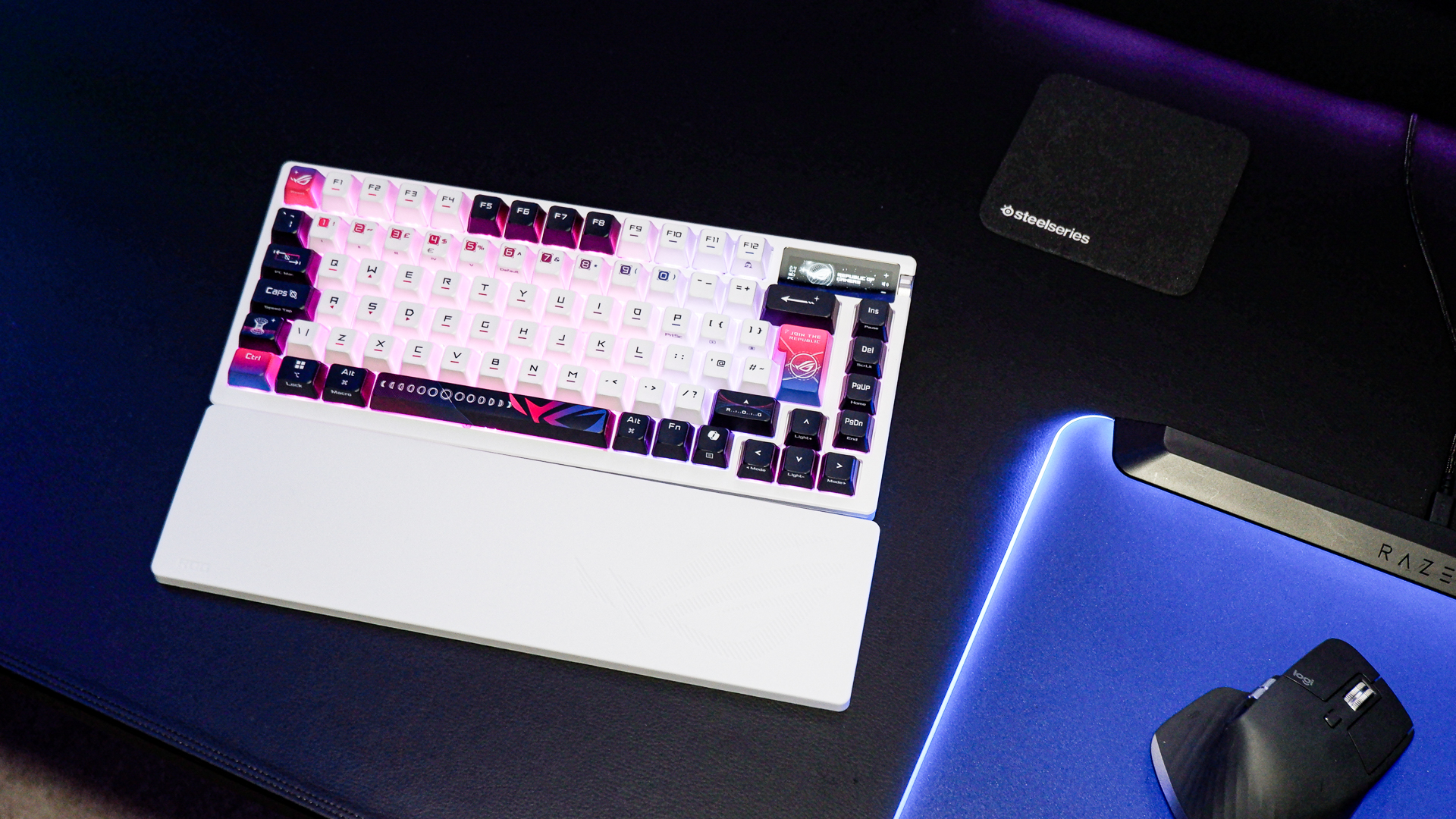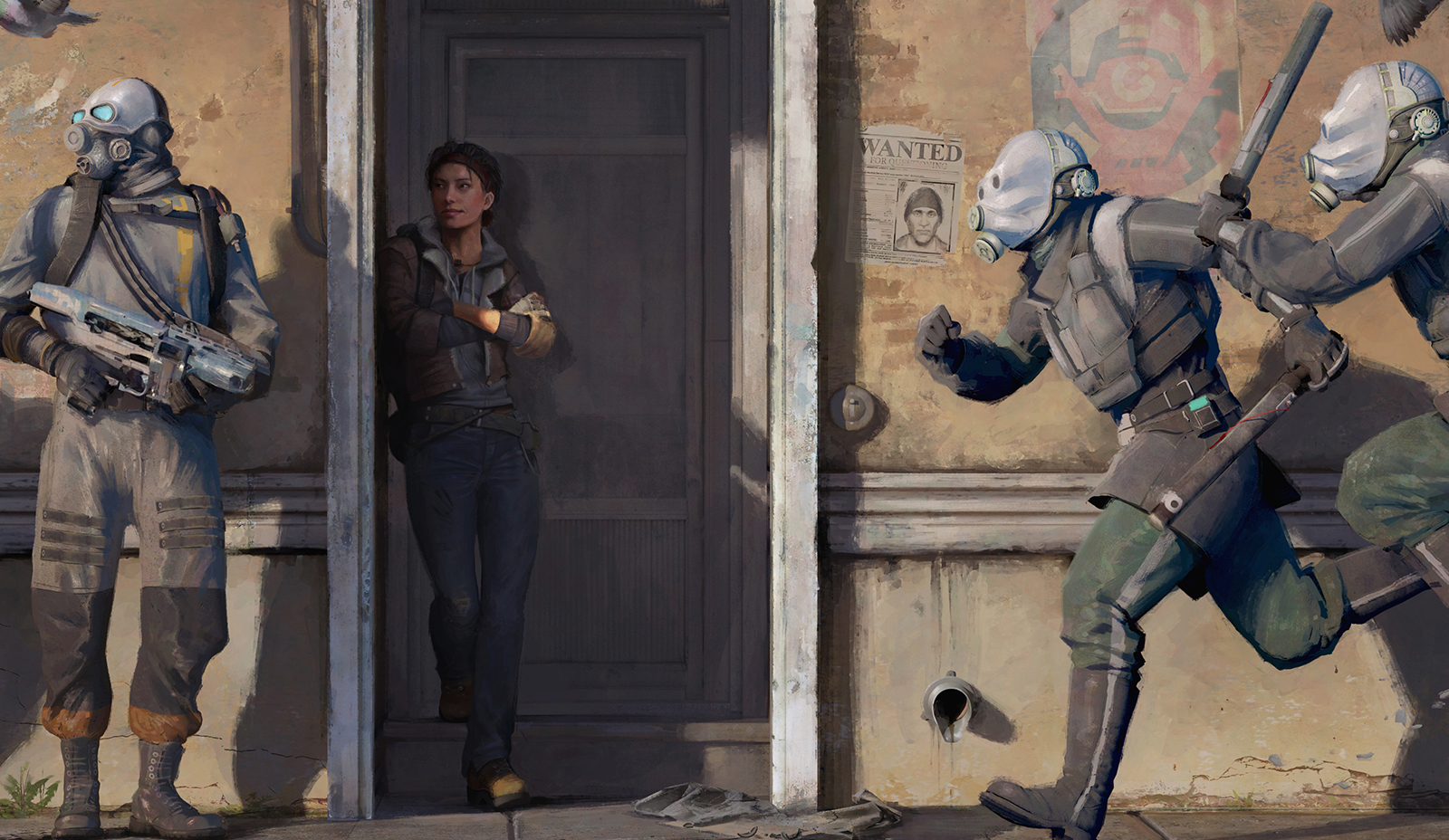
Half-Life: Alyx is both prequel to Half-Life 2 and a sequel to the original Half-Life, so it's the perfect time to talk about both sequels and prequels. Specifically: which is the best sequel—or prequel—to a game, ever?
Naturally there are more sequels to choose from, but there's a surprising number of prequels, too: Assassin's Creed Origins, Borderlands: The Pre-Sequel, Deus Ex: Human Revolution, Stalker: Clear Sky, Wolfenstein: The Old Blood, Hotline Miami 2: Wrong Number, Fallout 76, and plenty more.
So, that's our question this week: What's the best sequel or prequel in games? We've got our picks below, along with some from members of the PC Gamer forums. Add yours in the comments!
Assassin's Creed II
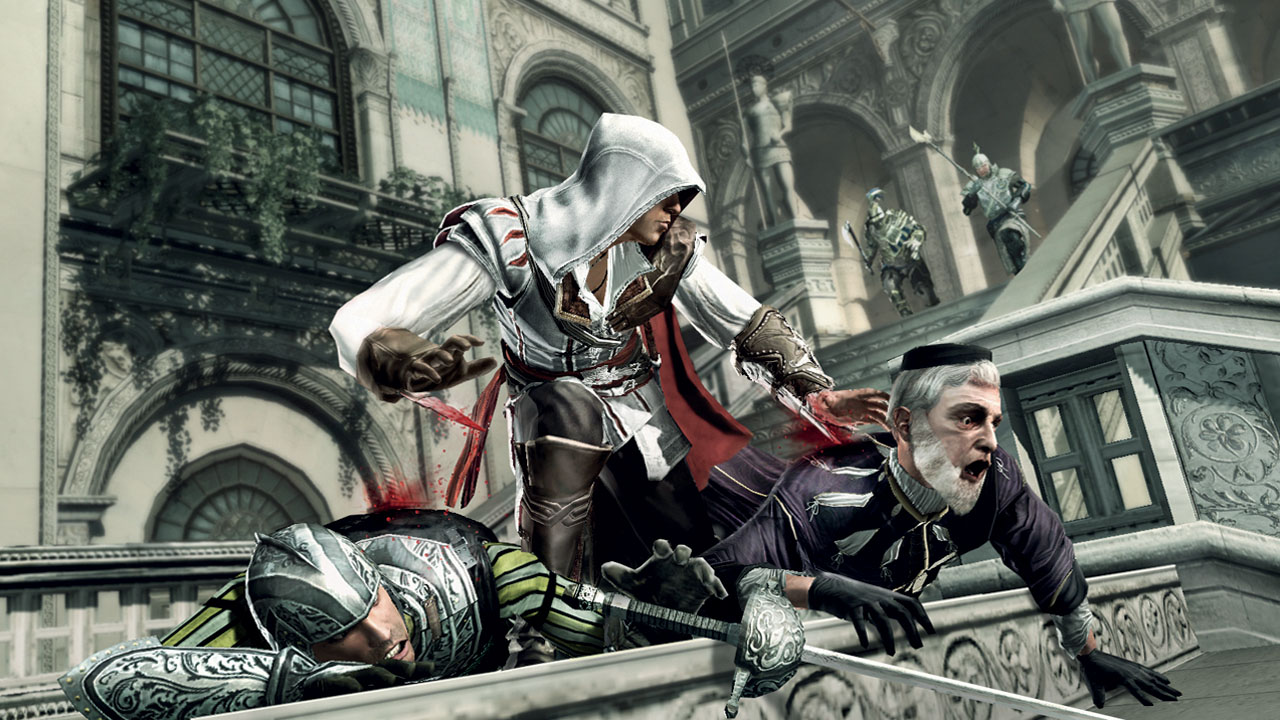
Andy Kelly: The first Assassin's Creed feels more like a proof of concept to me. It's Ubisoft dipping its toe in the pool, testing the temperature, getting a sense of how this series might work. And the sequel is the real deal, improving on its flawed-but-interesting predecessor in almost every way—and establishing the atmosphere, structure, and arcane mythology that would go on to define the series.
Ask people what their favourite Creed game is and they'll either say this or Black Flag. And while my heart belongs to Edward Kenway's pirate adventure, there's no denying that Assassin's Creed II is one of the best sequels ever, with a charismatic lead character and a series-best setting in Renaissance Italy.
Red Dead Redemption 2
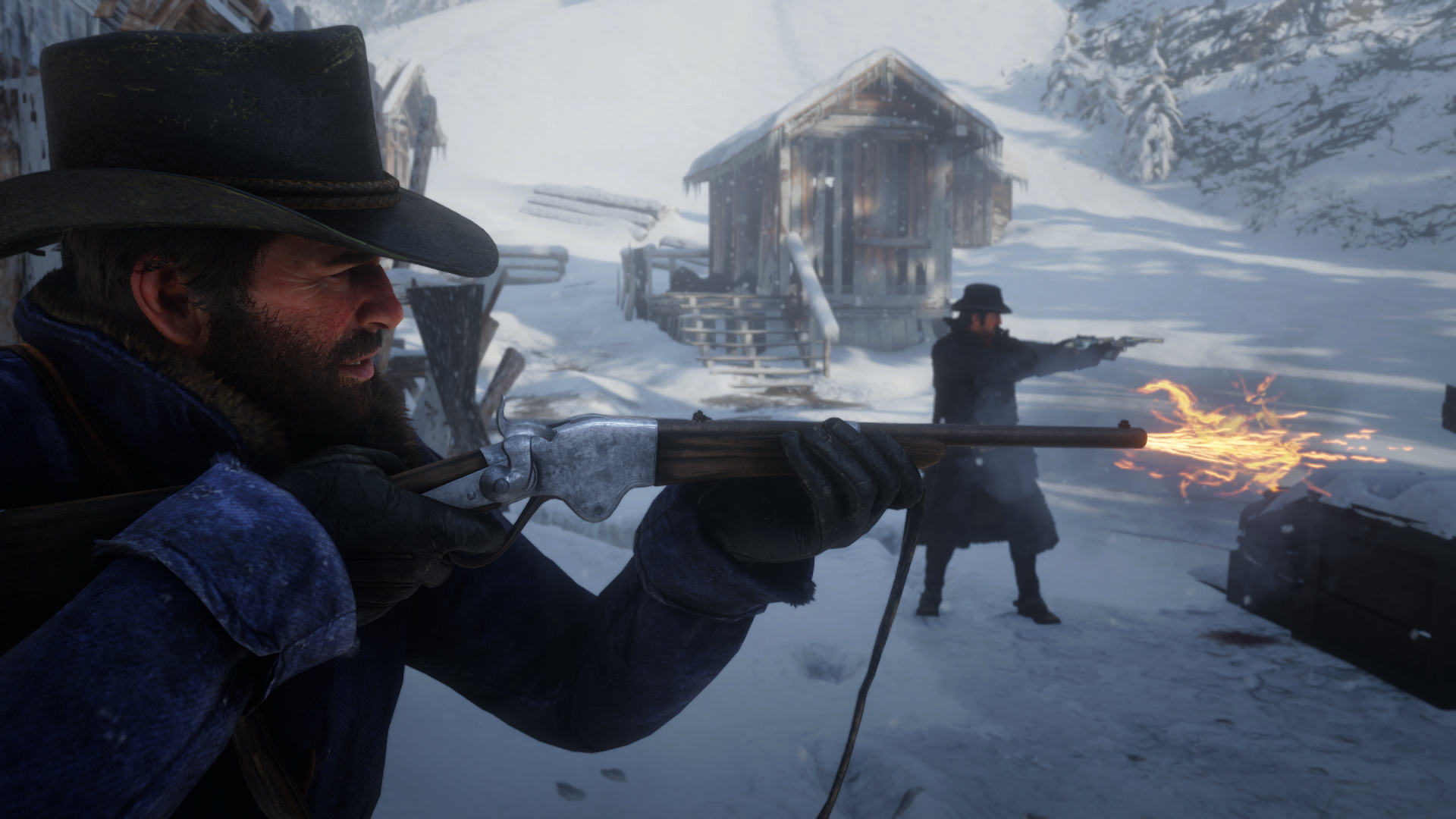
Chris Livingston: As sequels go Half-Life 2 is probably my favorite ever. But I'll pick a prequel because Red Dead Redemption 2 was excellent (and I'm frankly a bit burnt out on writing about Half-Life), not just as a game but as a precursor to the events of Red Dead Redemption. It doesn't require having played even a second of RDR1 to enjoy, but it enhances the story of the characters who appeared in the original. Plus, it's a stellar game in its own right, with a strong story, deep characters, and an exquisitely detailed world you can lose yourself in.
Saints Row: The Third

Robin Valentine: I'm one of those rare defenders of Saints Row 2, but even I'll admit the series was still finding its voice back then. With Saints Row the Third it grabbed a megaphone. Between the natural comedy of open world messing about and the gleeful absurdity of its story, it found its own silly identity, much more than just a parody of GTA. Saints Row 4 had its moments, but it was too big, too over-the-top to stick with you - the third game was the sweet spot.
Keep up to date with the most important stories and the best deals, as picked by the PC Gamer team.
Deus Ex: Human Revolution
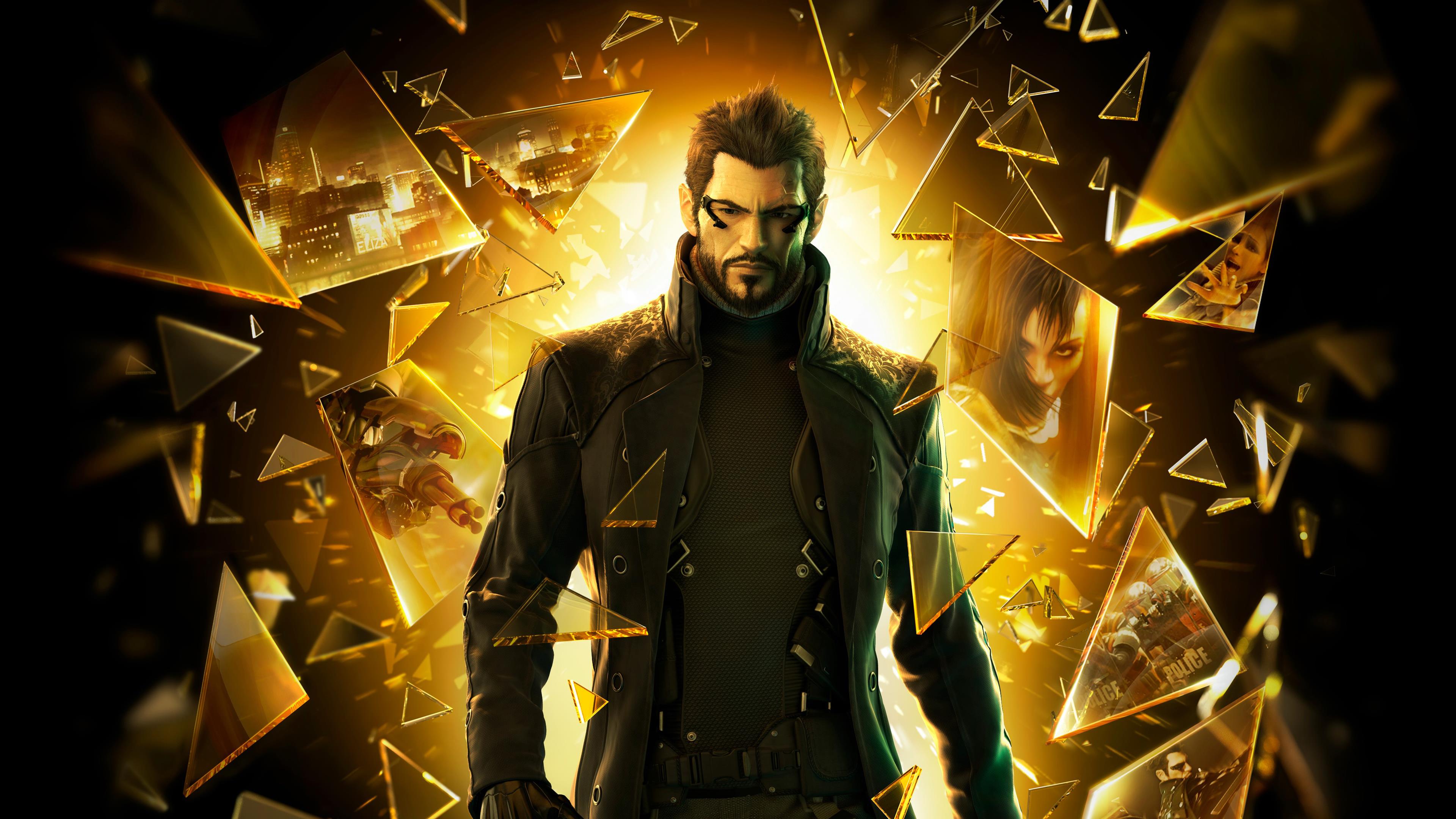
Andy Chalk: Just the right blend of super-agent shenanigans, globe-spanning conspiracy nonsense, a stylish soundtrack, and plenty of air vents to crawl through. I don't know if any game will ever match the chaotic madness of Deus Ex, but DXHR maintains the spirit without alienating newcomers who don't understand why it's so important to carry a flag into every ladies room you see. (The gold filter was an inspired choice too.)
Dead Space 2
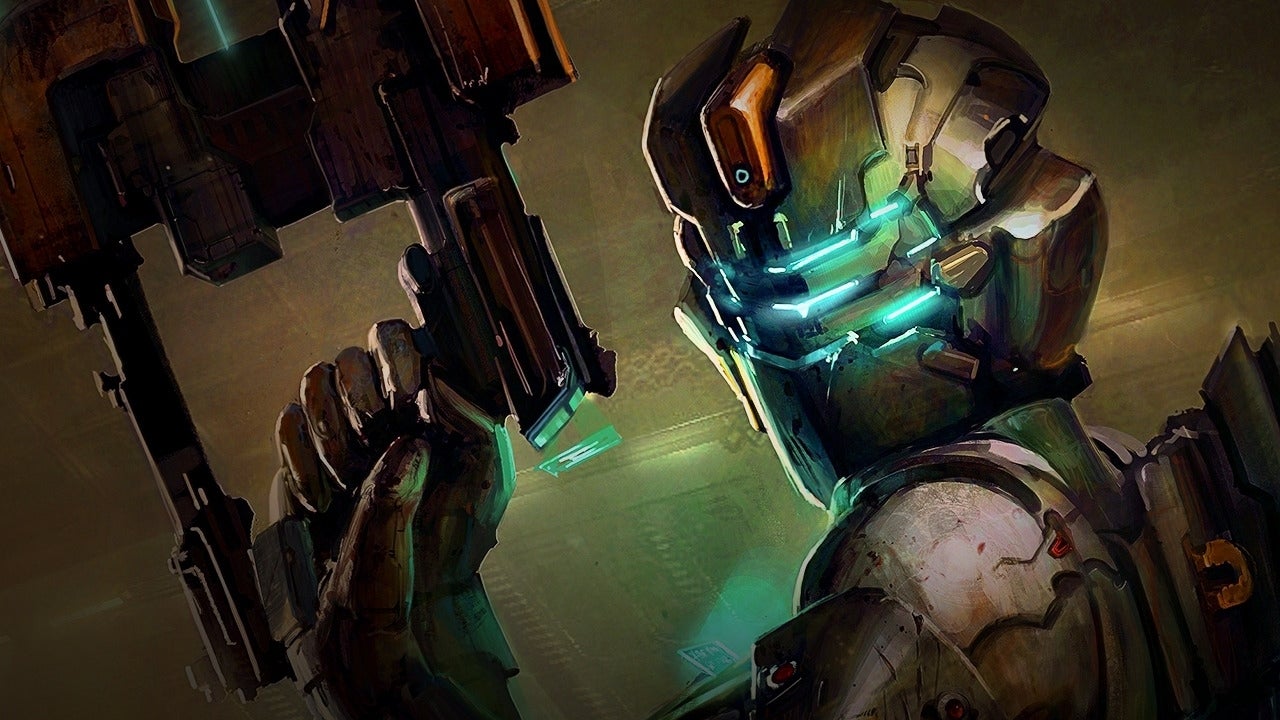
Wes Fenlon: It feels like I could pick a million options here, and some of our Game of the Year picks from the past half decade are obvious ones, like The Witcher 3 and Divinity: Original Sin 2. But the first thing that came to mind was Dead Space 2. The original Dead Space was a very good survival horror game, a more modern sci-fi take on Resident Evil 4. But Dead Space 2 was absolutely fantastic.
It found a way to be more of an action game without throwing away the horror of the first game. It had a couple stunning setpiece moments but also knew how to pull back and put you in a spooky environment with no enemies for awhile, just to let the tension build. It was really a perfect evolution of that first game. And I will never forget the eyeball scene.
Warhammer 40,000: Dawn of War II
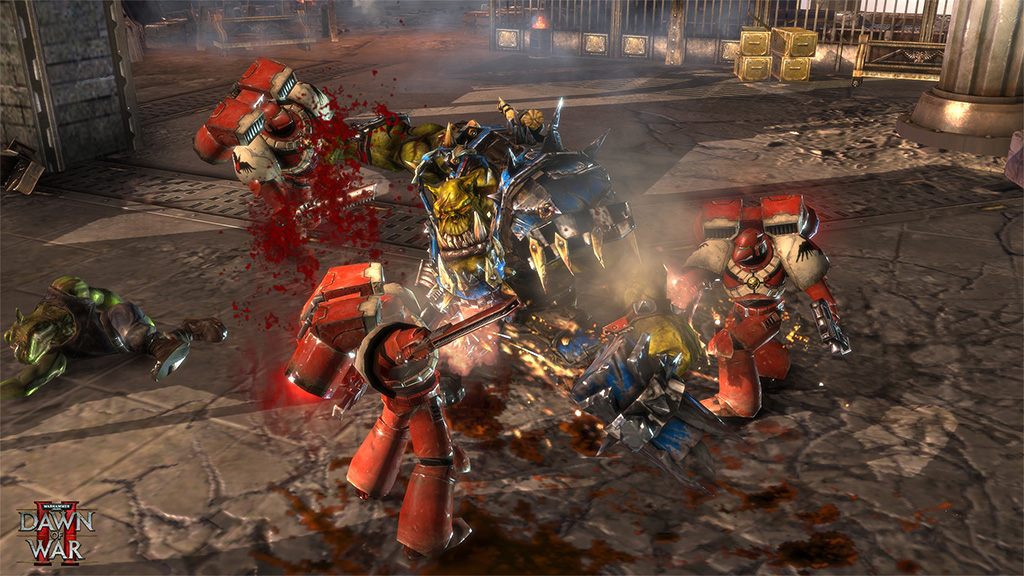
Evan Lahti: Here's a noteworthy one: in 2009, Relic's reimagining of Dawn of War was a big deal in a moment when real-time strategy was beginning to experience an identity crisis. The previous Dawn of War in 2004 was a fun experience for its time, perpetuating most of the staples we associate with the genre: base-building, four factions that played somewhat similarly, and a focus on control points. Five years later, Dawn of War II threw much of that formula out the window in favor of a unique focus on controlling a handful of squads composed of a handful of units that evolved over the course of DoW2's non-linear campaign, which for the first time was playable in co-op. The shift in design made Dawn of War II wonderfully gritty and easy to control—you felt the durability of the Space Marines as they hunkered down and leapfrogged across the map between pieces of cover.
Just as interesting was a co-op mode, The Last Stand, that arrived a few months after release, where players picked from a set of hero characters with unique abilities that unlocked as you earned experience over many matches. Though the map was a simple ring arena, these concepts were exciting in 2009, a time when multiplayer progression systems were still a pretty novel concept.
James Davenport:
From the forums:
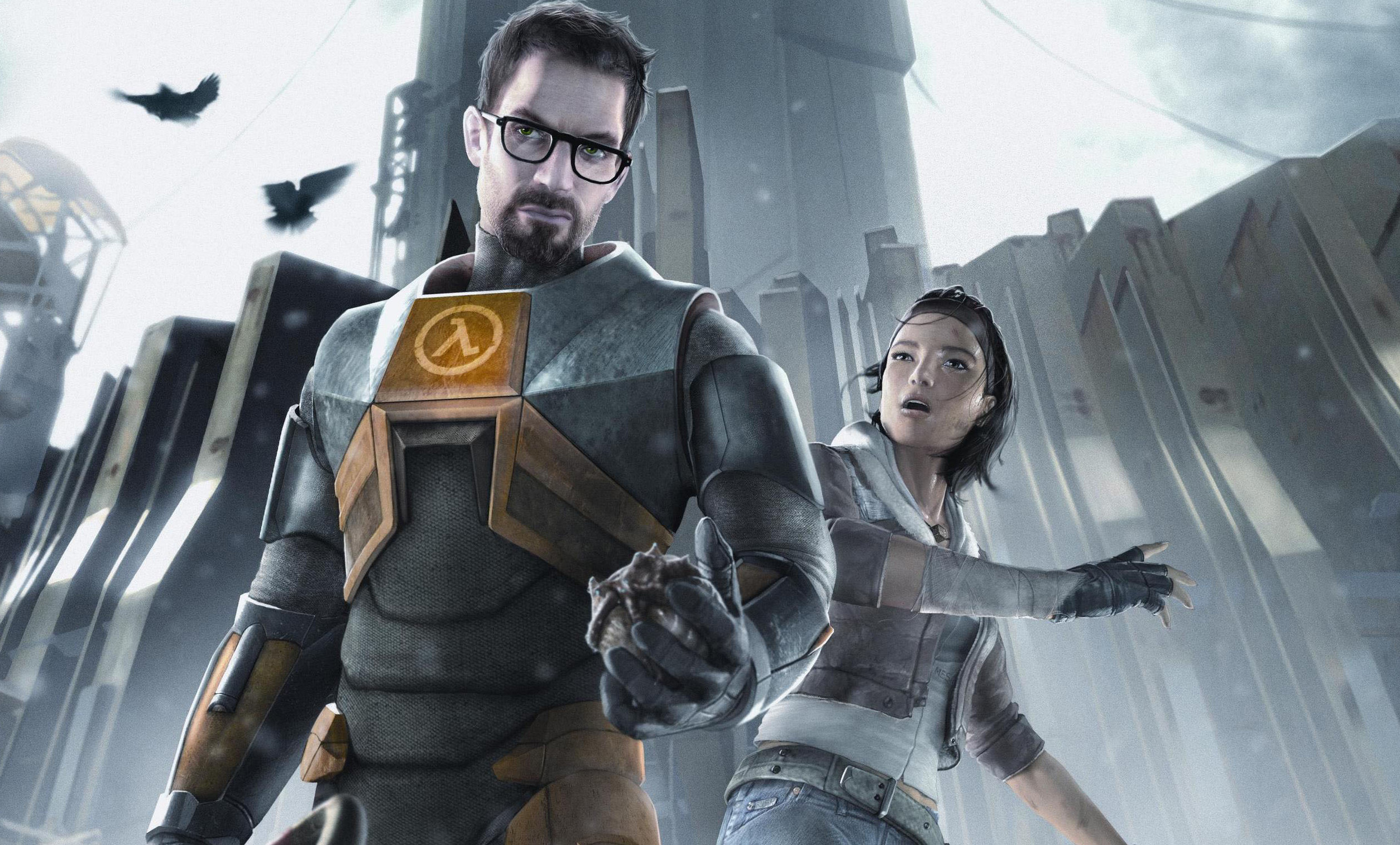
MaddMann: Personally I would have to go with Total War: Shogun II. While I love the Total War Warhammer series, I don't think any of the Total War games have done things quite as well as that one. Shogun II had amazing naval battles, incredible locations, more battlefield tactic options, and incredible campaigns. Second for me would be Knights of the Old Republic II. The story was fantastic (although not quite as good as KOTOR I imo) and the RPG mechanics were fantastic. It still reminds me of when BioWare was an RPG company that got you excited for games.
Johnway: I guess i'll be that guy and suggest Half Life 2. The original was fantastic and the sequel was even better; better graphics, physics, story, set pieces, ideas and characters. It was miles ahead of its time and lived up to the hype and it certainly was my measuring stick to compare other action adventure FPS games with. More importantly however, It had a massive impact on the games industry and the games we play even to this day. For a while we saw the rise of physics based puzzles and gravity/portal guns (Doom 3: Resurrection of Evil, Dead Space series, etc.). But the even greater impact was the rise of Steam, and the game cemented Valve as one of the greatest developers ever. HL2 was the start of great games we would associate with valve; TF2, Portal, Portal 2, L4D, L4D2, and Counter-Strike: Source.
Sarafan: With no doubts Baldur's Gate 2. This game was a huge step forward when you compare it to the first one. It has better storytelling, better character progression system, more memorable and talkative companions. It involves less wilderness exploring than BG1, but the locations are more polished and include better content in overall. When you reach Chapter 2 you're basically flooded with good written side quests. In BG1 they were quite simple. In BG2 they're epic thanks to high level characters. Also the main plot is of higher quality and involves a very charismatic antagonist - a combination of madness and eloquence. If someone would want to play a model isometric RPG, I'd point him to BG2.
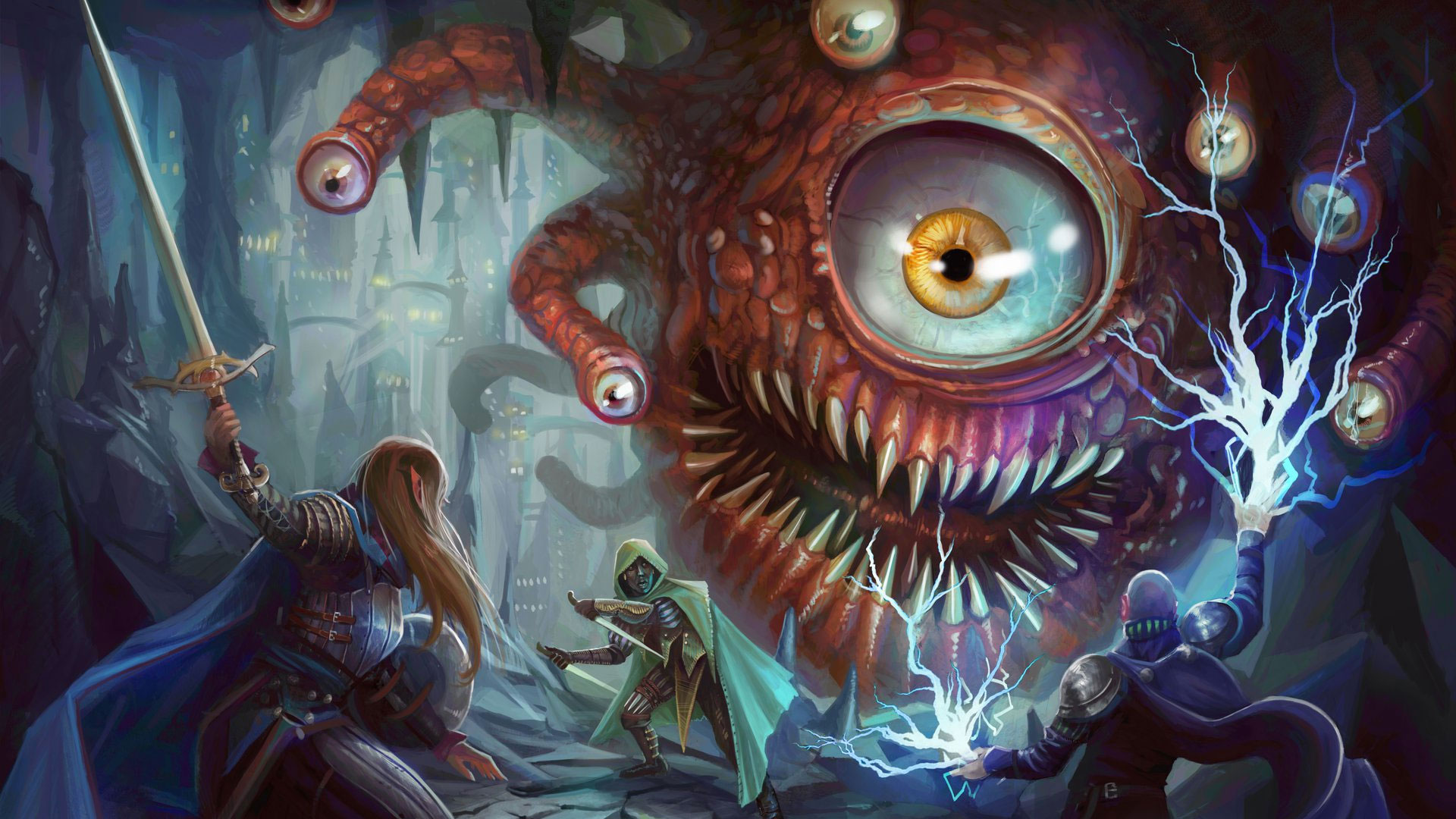
OsaX Nymloth: I definitely approve of Sarafan's example of Baldur's Gate 2 - I love both games and I think the wilderness and low level exploration in BG1 are interesting and logical in their own rights, but BG2 was a truly amazing experience. Going from mediocre band of adventurers into semi-gods was quite a journey and I remember most (if not every - yes I played it a lot) quests and even dialogues, all the riddles, etc. And Jon Irenicus was a superb villain IMHO.
Personally I would also mention Fallout 2. Yes I know some people prefer the way more bleak and dirty world of Fallout 1, but I have spent far more time in F2. Everything is so similar and yet so much improved, the world size, amount of locations and stuff in general, some quality of life improvements as well (ability to tell an NPC to move was lifesaver). Really a lot of stuff to like there. And those random encounters, Easter eggs and extra layer of references added a lot of flavour. And since the game is so open and doesn't shove player into the One And Only Right Way To Play, one can replay the whole game many times with such varied builds and options, even if playing a dumb brute. Btw, how many games have totally different dialogue options for super low intelligent characters, eh? You may not be able to finish the game with such a hero, but hey, it's still fun!
The collective PC Gamer editorial team worked together to write this article. PC Gamer is the global authority on PC games—starting in 1993 with the magazine, and then in 2010 with this website you're currently reading. We have writers across the US, UK and Australia, who you can read about here.


